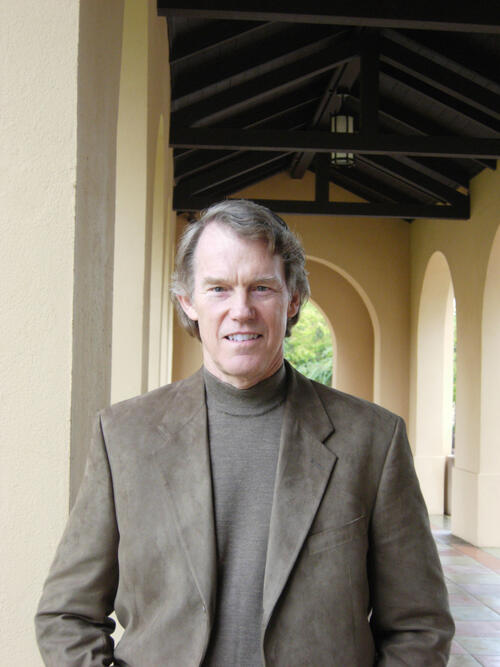Relic: The Constitution and Ineffective Government
Relic: The Constitution and Ineffective Government
Thursday, October 27, 201612:00 PM - 1:30 PM (Pacific)
Abstract:
American government is incapable of dealing effectively with the challenges of modern society. Why the dysfunction? The usual suspects include polarization and the rise in campaign spending. But William Howell and Terry Moe argue—in their new book, Relic—that the roots of dysfunction go much deeper: to the Constitution itself. The framers designed the Constitution some 225 years ago for a simple agrarian society. But the government they created, a separation of powers system with a parochial Congress at its center, is ill-equipped to address the serious social problems that inevitably arise in a complex post-industrial nation. We are prisoners of the past. The solution is to update the Constitution for modern times. A promising step forward, the authors argue, is a simple reform that pushes Congress and its pathologies to the periphery of policymaking, and brings presidents to center stage.
Speaker Bio:

